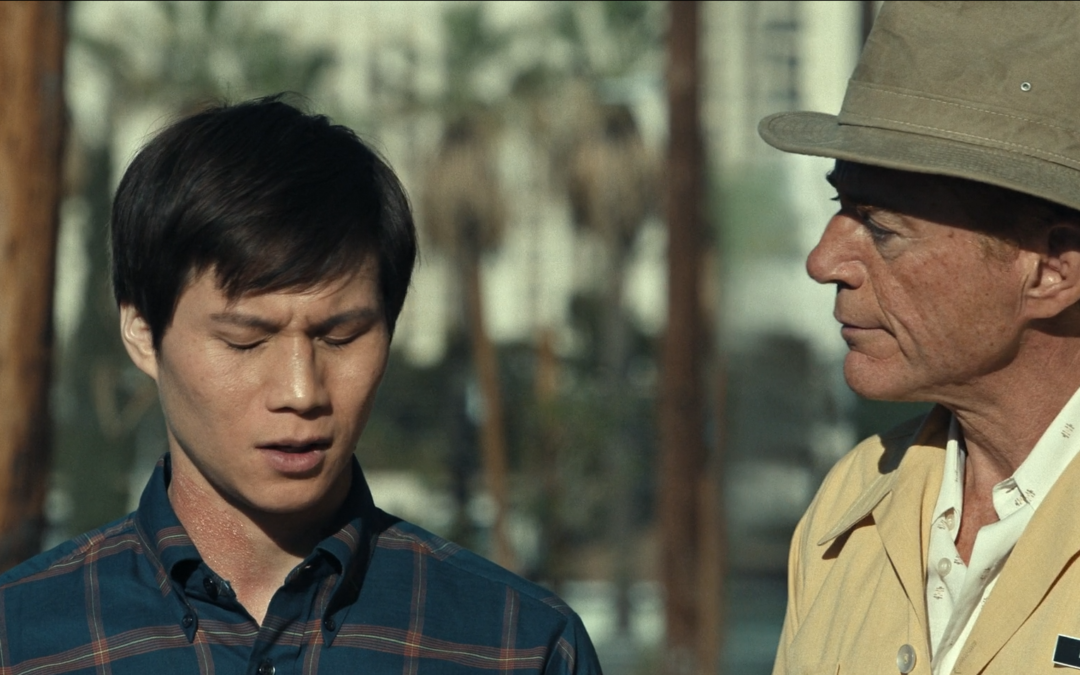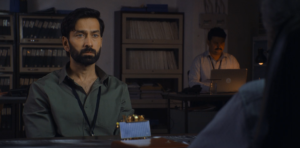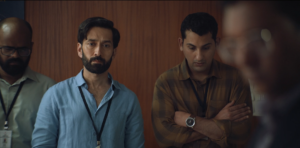Episode 5 picks up with the Captain severely injured from the film set bombing. He spends three weeks in the hospital, cared for by Bon and visited by refugees. During this time, he dreams of his childhood, remembering how Bon and Man became his first friends, binding them in a brotherhood oath.
Niko’s studio team visits him, offering $15,000 and an apology for the accident. Claude then arrives, urging the Captain to monitor the General’s suspicious activities. The Captain, homesick, receives a ticket to a Vietnamese musical from Claude. He later visits the Major’s family, donating $10,000 to the General’s cause per the Major’s wife’s request.
At the General’s new restaurant, the Captain learns about the plan to reclaim Vietnam. Despite his attempts to dissuade the General, he ends up supporting the cause. He meets Sunny, a journalist critical of the General’s false hopes for refugees. At the musical, the Captain discovers Lana, now performing as “Que Linh.” She explains her stage name choice to avoid her parents.

The Captain’s nostalgia and guilt surface as he prays at home. Attempting to reconnect with Ms. Mori, he finds her with Sunny, which infuriates him. Back in the re-education camp, he struggles with his past actions and the pressure to produce results.
The Captain visits Niko, seeking assurance that the Vietnamese lines will remain in the film. Niko’s vague response leaves him unsettled. The Captain then resumes his spy work, sending evidence of the General’s plans to Man. Claude praises his influence on Niko and shares Sunny’s critical article about the General.
The Captain visits a military base with the General, realizing the scope of the planned attack. Memories of his blood oath with Bon and Man resurface, intensifying his internal conflict. In the re-education camp, his agitation grows, reflecting his deteriorating mental state.

Episode 5 dives deep into the Captain’s identity crisis, balancing his American ties and Vietnamese roots. His hallucinations of Man and the Major symbolize this internal struggle. The episode subtly portrays his mental trauma and guilt, especially through his interactions and memories.
The General’s delusional plans to reclaim Vietnam with a small force mirror the Captain’s loss of purpose. Noteworthy dialogues, such as Man’s remark about old soldiers, add layers to the narrative, contrasting the end of physical wars with ongoing psychological battles.
This episode, rich in symbolism and emotional depth, effectively highlights the Captain’s fractured identity and the enduring impact of war. It blends humor, nostalgia, and existential angst, making it a compelling continuation of the series.





